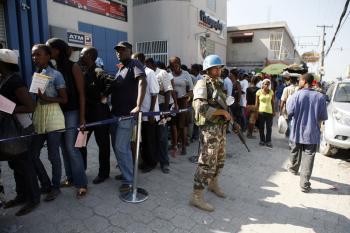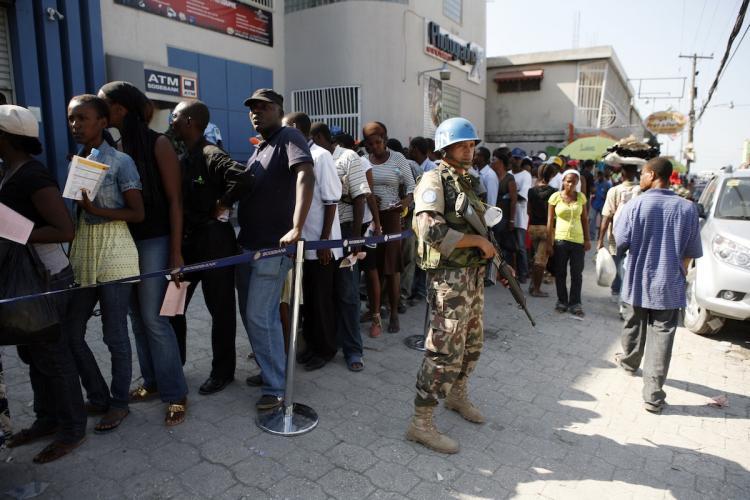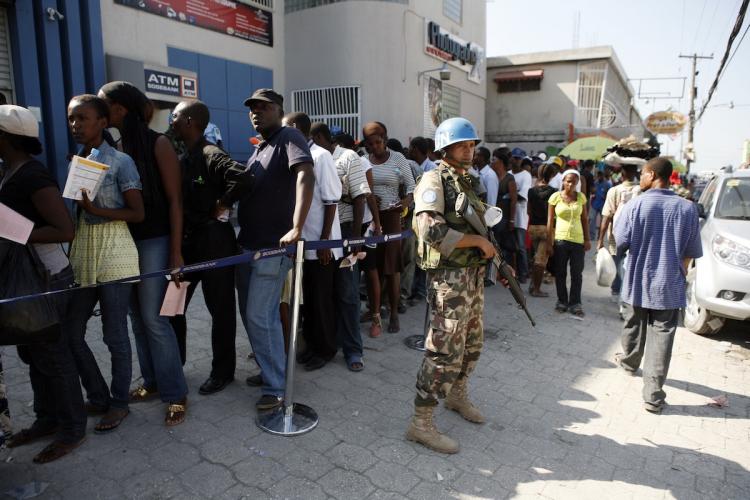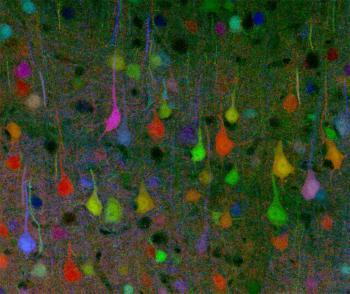Like many of the rescue workers in Haiti, peacekeeping troops from Nepal, under the auspices United Nations (U.N.), traveled from another part of the globe to help in post-quake Haiti. Now the Nepalese contingent faces a bigger tribulation than the destruction and despair on the island that surrounds them: an accusation that the cholera epidemic that plagues the island began at their camp.
A confidential source gave the Associated Press (AP) a copy of a report, soon to be released, written by French epidemiologist Renaud Piarroux, who postulates that the cholera outbreak can be traced back to their facilities on the island. The head of the peacekeeping forces of the United Nations in Haiti, Alain Le Roy, denied the allegation, but said that the U.N. is willing to do research on this topic, according to AP.
Piarroux was hired by the French and Haitian governments to conduct a comprehensive study on the possible causes of the cholera outbreak on the island. He concluded that the epidemic was brought to the island from abroad, and there is no doubt that the disease spread through the tributary waters of the Artibonite River, which is close to the base camp of the Nepalese peacekeepers, on the outskirts of the Haitian village of Meille, where many contracted the disease when the epidemic began.
“No other hypothesis could be found to explain the outbreak of a cholera epidemic in this village,” which was not affected by the earthquake earlier this year, states the report, according to a confidential source.
Ramindra Chhetri, Nepalese army spokesman in Haiti, on Wednesday condemned the report, saying that it does not contain any evidence linking his troops to the outbreak of cholera in that country. “It’s a hypothetical conclusion, and I strongly condemn these statements that are without facts or hard evidence,” said Chhetri to AFP.
The Nepalese army has also stated that there were no outbreaks of cholera in the camp.
U.N. spokesman Martin Nesirky told reporters that there is no hard evidence that the Nepalese camp was the source of the outbreak. He said the U.N. “remains very receptive to any scientific debate or investigation on this.”
The French Foreign Ministry has stated that the report has been sent to officials and representatives of Haiti and the U.N. According to a United Nation report, the Haitian Health Ministry has counted 2,120 deaths due to the disease, and over 44,000 have been hospitalized. Innumerable others have been affected.
A confidential source gave the Associated Press (AP) a copy of a report, soon to be released, written by French epidemiologist Renaud Piarroux, who postulates that the cholera outbreak can be traced back to their facilities on the island. The head of the peacekeeping forces of the United Nations in Haiti, Alain Le Roy, denied the allegation, but said that the U.N. is willing to do research on this topic, according to AP.
Piarroux was hired by the French and Haitian governments to conduct a comprehensive study on the possible causes of the cholera outbreak on the island. He concluded that the epidemic was brought to the island from abroad, and there is no doubt that the disease spread through the tributary waters of the Artibonite River, which is close to the base camp of the Nepalese peacekeepers, on the outskirts of the Haitian village of Meille, where many contracted the disease when the epidemic began.
“No other hypothesis could be found to explain the outbreak of a cholera epidemic in this village,” which was not affected by the earthquake earlier this year, states the report, according to a confidential source.
Ramindra Chhetri, Nepalese army spokesman in Haiti, on Wednesday condemned the report, saying that it does not contain any evidence linking his troops to the outbreak of cholera in that country. “It’s a hypothetical conclusion, and I strongly condemn these statements that are without facts or hard evidence,” said Chhetri to AFP.
The Nepalese army has also stated that there were no outbreaks of cholera in the camp.
U.N. spokesman Martin Nesirky told reporters that there is no hard evidence that the Nepalese camp was the source of the outbreak. He said the U.N. “remains very receptive to any scientific debate or investigation on this.”
The French Foreign Ministry has stated that the report has been sent to officials and representatives of Haiti and the U.N. According to a United Nation report, the Haitian Health Ministry has counted 2,120 deaths due to the disease, and over 44,000 have been hospitalized. Innumerable others have been affected.



